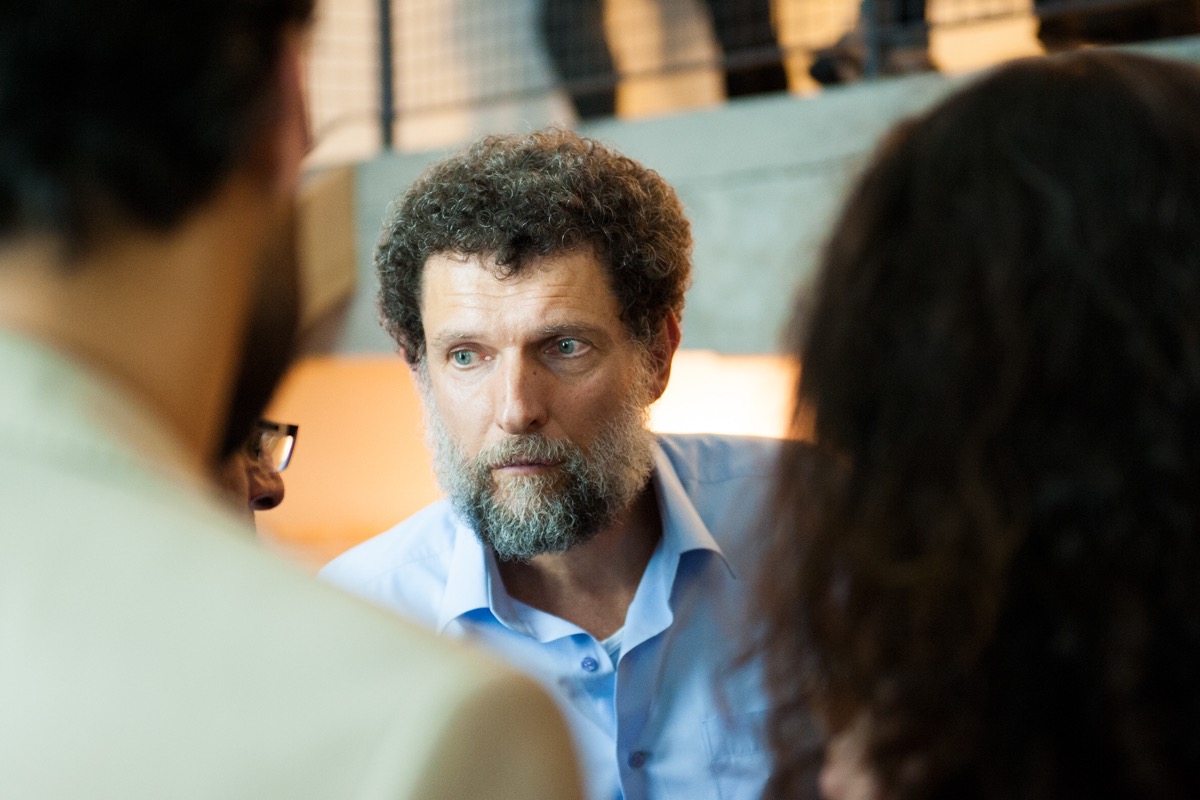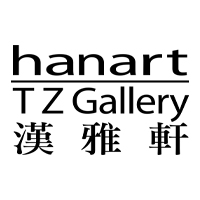Turkey Issues Harshest Sentences for Cultural Activists
By HG Masters

Portrait of OSMAN KAVALA. Courtesy Free Osman Kavala Campaign.
On April 25, a Turkish court sentenced cultural philanthropist Osman Kavala to aggravated life imprisonment without the possibility of parole for allegedly attempting to overthrow the government, in connection with the 2013 protests in Istanbul over plans to turn Gezi Park in Taksim Square into a shopping mall. Seven other defendants—including architects, urban planners, documentary filmmakers, and civil-society leaders, who were all members of the Taksim Solidarity campaign that advocated preserving the park and criticized police violence—were sentenced to 18 years in prison for allegedly aiding him.
Following the verdict of the Istanbul 13th Assize Court, observers for the European Parliament stated the decision, “reconfirms the authoritarian character of the current system.” The United States Department of State also criticized the decision as “unjust” and “inconsistent with respect for human rights, fundamental freedoms, and the rule of law.” International rights groups lambasted the verdict, with Amnesty International calling the decision, “a travesty of justice of spectacular proportions” and a “politically motivated charade.” The Turkey director for Human Rights Watch, Emma Sinclair-Webb, described the ruling as “the worst possible outcome.”
Kavala has been imprisoned for more than four-and-a-half years, since October 2017, while the seven others were arrested after the sentences were announced. All eight had previously been acquitted of the same charges by another court in an earlier trial.
The tortured saga of this case, which earlier courts found lacking in evidence, and which has been marred by the government’s blatant interference with the proceedings, signal to many observers the highly politicized nature of the trial. When Kavala was acquitted of the same charges more than two years ago, Turkish president Recep Tayyip Erdoğan immediately criticized the decision and the judiciary oversight board launched an investigation into the three judges.
The prolonged detainment of 64-year-old Kavala and Turkey’s refusal to acknowledge the ruling of European Court of Human Rights (ECtHR) could cost Turkey its membership or voting rights in the Council of Europe. In February, the Committee of Ministers of the Council of Europe, which monitors implementation of ECtHR rulings, referred Turkey back to the Court for the government’s refusal to release Osman Kavala in compliance with the ECtHR’s emphatic ruling from December 2019 calling for Kavala’s immediate release.
Kavala is the founder of Anadolu Kültür, an nonprofit organization that sought to bridge cultural ties between Turkey and its minority communities and regional neighbors, in particular Armenia. Among its projects, Anadolu Kültür operates the art space Depo in Istanbul, which has hosted numerous exhibitions over the past decade.
The other seven convicted in the so-called “Gezi trial” include architect Mücella Yapıcı, filmmaker and producer Çiğdem Mater; documentary filmmaker Mine Özerden; lawyer Can Atalay; Istanbul municipality urban planner Tayfun Kahraman; Hakan Altınay, director of the Boğaziçi European School of Politics and board member of Anadolu Kültür; and Yiğit Ali Ekmekçi, university founder and deputy chairperson of Anadolu Kültür.
In his closing statement Kavala told the court via video-conference from Silivri prison that the entire process was “an assassination by use of the judiciary.” The case will now go to the court of appeals and then the supreme court.








